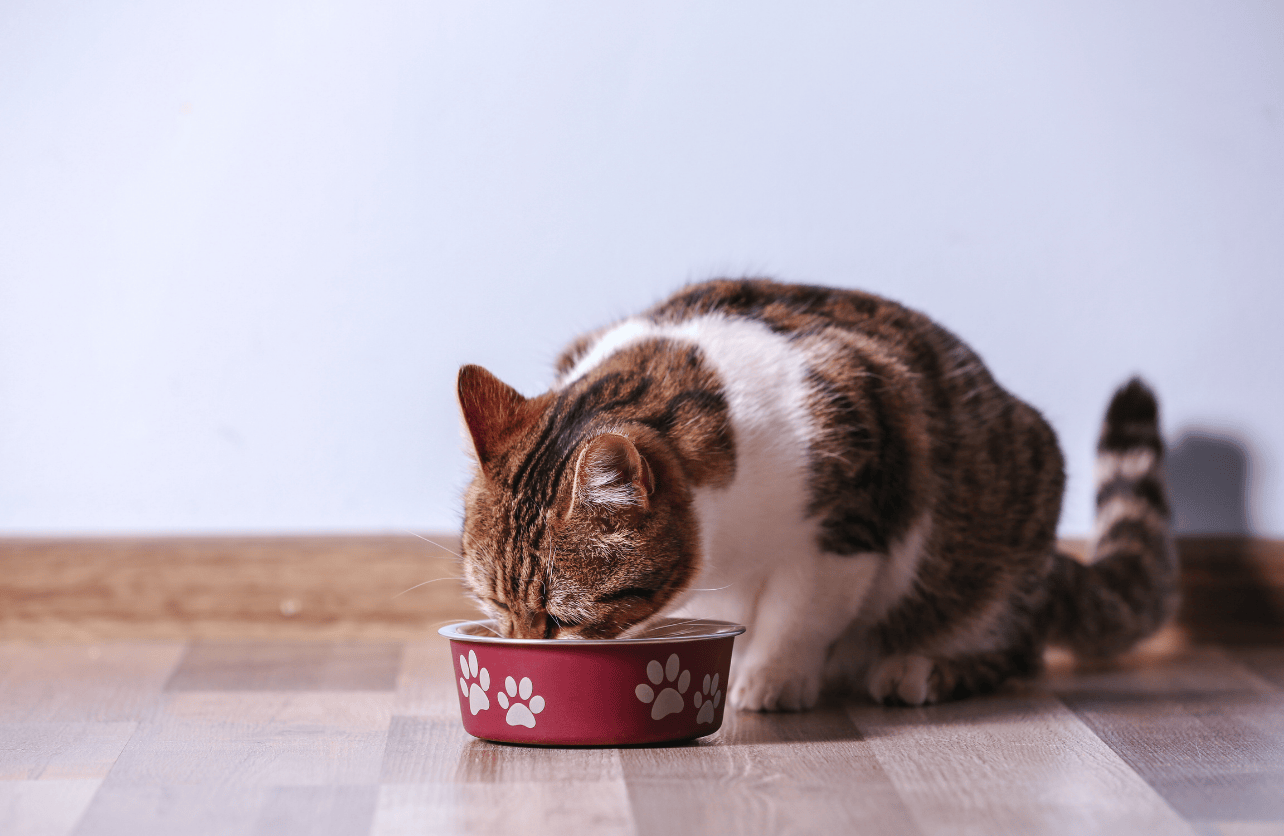Appetite Stimulants for Senior Cats: What You Need to Know

As cats age, their appetites can decrease, often leaving owners concerned about their furry companion’s health and nutrition. Loss of appetite in senior cats is not uncommon, but it’s essential to address the root causes and find effective ways to stimulate their hunger. Whether it’s due to aging, illness, or changes in routine, understanding the challenges your senior cat faces and knowing the right appetite stimulants can make a world of difference.
Why Do Senior Cats Lose Their Appetite?
A variety of factors can contribute to appetite loss in older cats, including:
- Dental Problems: As cats age, they are more prone to dental issues like gum disease or tooth decay, which can make eating painful.
- Reduced Sense of Smell and Taste: Aging can dull a cat’s senses, making food less appealing.
- Chronic Illnesses: Conditions such as kidney disease, hyperthyroidism, or arthritis can affect appetite.
- Digestive Issues: Older cats may experience gastrointestinal discomfort, leading to reduced hunger.
- Medication Side Effects: Many senior cats require medication, which can sometimes suppress appetite.
Understanding the underlying cause is crucial. If your senior cat shows signs of prolonged appetite loss, consult a veterinarian for a thorough check-up.
Common Appetite Stimulants for Senior Cats

Once medical issues are addressed, appetite stimulants can help encourage eating. Here are some of the most effective options:
Prescription Medications
- Mirtazapine: This commonly prescribed medication stimulates appetite and reduces nausea in cats. It’s available as a pill or transdermal gel.
- Capromorelin (Entyce): A liquid medication that mimics the hunger hormone, effectively encouraging cats to eat.
Always follow your vet’s instructions regarding dosage and administration.
Natural Remedies
- Tuna Water: Drizzling tuna water over food can make meals more enticing.
- Bone Broth: Warm, unsalted broth adds flavor and aroma, stimulating appetite.
- Catnip or Silvervine: These can boost mood and sometimes encourage eating in reluctant cats.
Food Enhancements
- Warming Food: Slightly warming wet food releases aromas, making it more appealing to your cat.
- Food Toppers: Add flavorful toppers like freeze-dried chicken, fish flakes, or commercial gravy options designed for cats.
- High-Calorie Supplements: Nutritional pastes or gels like Nutri-Cal can provide essential calories and stimulate hunger.
Tips for Encouraging Your Senior Cat to Eat
Create a Comfortable Feeding Environment
Ensure your cat feels safe and relaxed while eating. Avoid loud noises or disturbances during meal times, and consider placing their bowl in a quiet, familiar spot.
Use the Right Bowl
Shallow, wide bowls can help older cats access their food without straining their whiskers or necks.
Stick to a Routine
Cats thrive on consistency. Feeding them at the same times each day helps establish a predictable routine, encouraging regular eating habits.
Experiment with Different Foods
Senior cats may develop preferences for certain textures or flavors. Rotate between pâtés, chunks, or shreds to discover what they enjoy most.
Hydration Matters
Older cats are more prone to dehydration, which can suppress appetite. Ensure they have access to fresh water and consider incorporating wet food into their diet to boost moisture intake.
When to Seek Veterinary Help
If your senior cat refuses to eat for more than 24-48 hours, it’s critical to consult a veterinarian. Prolonged appetite loss can lead to hepatic lipidosis, a potentially life-threatening condition where fat accumulates in the liver.
Additionally, if your cat shows any of the following symptoms, seek immediate veterinary attention:
- Vomiting or diarrhea
- Lethargy
- Weight loss
- Difficulty chewing or swallowing
Summing Up
Appetite loss in senior cats can be a worrying sign, but with the right approach and support, it’s often manageable. Whether through prescription stimulants, natural remedies, or simple adjustments to their feeding routine, there are plenty of ways to encourage your older cat to eat.
The key is to identify the underlying cause and tailor solutions to your cat’s individual needs. With patience, love, and a little creativity, you can help ensure your senior cat stays happy, healthy, and well-fed in their golden years.
Your Pet’s Best Interest, Always
At Pet Institute, we take pet care seriously. We're dedicated to transparency, impartiality, and the well-being of your pets in every article, review, and recommendation we provide. Our unwavering commitment to these principles ensures that you, our valued reader, always receive reliable and unbiased information. Let us be your trusted guide in the world of pet care and companionship.